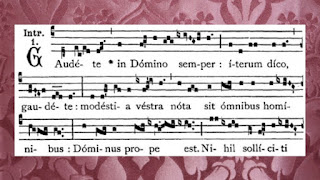In the Bleak Midwinter

The First Sunday after Christmas Day December 29, 2019 As our celebration continues throughout the twelve days of Christmas, we have the opportunity to sing even more of the wonderful carols that tell the story of the nativity and reflect on the meaning of the incarnation. A favorite Christmas hymn in the Anglican tradition is "In the bleak midwinter" by Christina Georgina Rossetti (1830-1894). First published in 1872, the hymn gained popularity when paired with the tune, Cranham , composed especially for it by Gustav Holst (1874-1934). The hymn reached The Episcopal Church through its inclusion in The Hymnal 1940 and has become a beloved carol in our Christmas repertoire. Hear a recording: In the Bleak Midwinter The Hymnal 1982 Companion notes that "...like certain visual artists, Rossetti has depicted the Christmas landscape in terms of her own familiar environment: the English winter climate instead of the warmer Palestinian weather." This approach can



